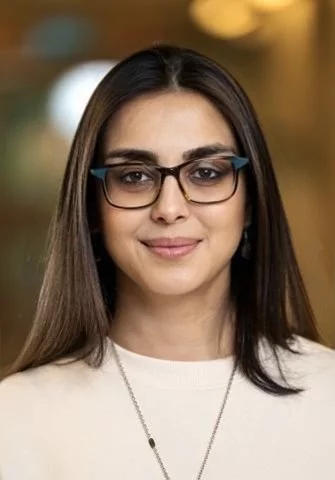| Candidate to represent: | SμS user community |
|---|---|
| Field of studies/profession: | Physics, Associate Professor |
| Current affiliation: | KTH Royal Institute of Technology, Department of Applied Physics, Sweden (since 2024) |
| Previous affiliations: |
|
| Research interests: |
|
| Fields of expertise: |
|
| PSI facilities used so far: | SLS, SINQ and SμS |
| Motivation statement: | I am an experimental physicist having expertise within a broad scope of materials science. I use a series of experimental techniques based on large-scale infrastructures to understand materials' electronic and magnetic properties. I have measured at several synchrotron radiations (ALS, DIAMOND, MAXIV, SPRING-8, etc.), neutron, and muon sources (TRIUMF, J-PARC, ISIS, Oak Ridge, ILL, etc.). Since 2007, I have been an active user of PSI facilities; first, I have been an SLS user, then from 2013, of the SμS and SINQ. I understand the challenges users face and the importance of having user feedback being reported to the right people to improve and facilitate the experiments we are performing at such facilities. I have developed a good network with people at SLS, SμS, and SINQ from my PSI years and can easily have an open discussion with them. Further, it is also essential to link the large-scale infrastructures to universities to extend the user community and train the next generation of students. For the last five years, together with my KTH colleague, we have been actively working to promote and revive the muSR technique within Sweden. In 2015, we were only two active μ-SR users in Sweden, and now we are about twenty. I believe that my extensive experience of large-scale infrastructures and, in particular, of the PSI facilities make me the right candidate for being part of the board member of JUSAP and representing SμS users. |
